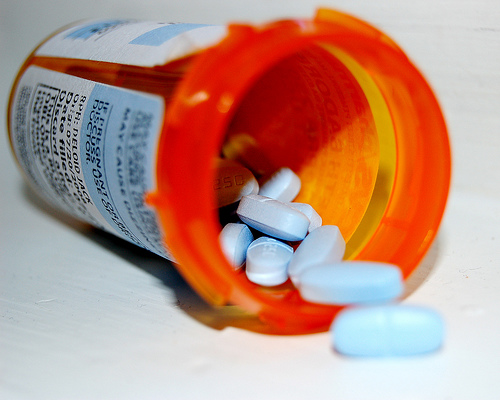Depakote Linked to Birth Defects Including Autism, Cleft Palate and Spina Bifida
No child should have to suffer through the pain and humiliation of an injury caused by a defective drug his or her mother took during pregnancy. 
Sadly, Depakote, used to treat manic or mixed episodes associated with bipolar disorder, and people who suffer from chronic headaches, has been linked to a number of birth defects including:
- Diminished IQ scores
- Autism
- Asperger’s syndrome
- Pervasive developmental disorder
- Rett’s disorder
- Childhood disintegrative disorder
- Spina bifida
- Atrial septal defect
- Cleft palate
- Hypospadias
- Extra fingers or toes
- Craniosynostosis
The links between Depakote and birth injuries was first reported in the Journal of the American Medical Association (JAMA) in 2013, with experts saying that “maternal use of valproate during pregnancy [is] associated with a significantly increased risk of autism spectrum disorder and childhood autism in the offspring, even after adjusting for maternal epilepsy.”
Following the JAMA report, the U.S. Food and Drug Administration (FDA) released a warning to healthcare professionals that valproate drugs for headache treatment is not advised for pregnant women. The agency moved drugs like Depakote from a “D” category (the benefit of the drug in pregnant women may be acceptable despite its potential risks) to “X” (the risk of use in pregnant women outweighed benefits).
This warning came much too late for many mothers who took Depakote during pregnancy and whose children suffered significant birth injuries as a result.
Contact our Depakote Birth Injury Attorneys
If your child suffered one of the injuries listed above due to Depakote use during pregnancy, speak to our nationwide birth injury and defective drug lawyers. Drugs linked to injuries in children include Depakote ER, Depakote CP, Depacon, Depakene and Stavzor.
Our attorneys include Dr. Ryan Krebs, M.D., J.D., who has a medical and legal skill set that makes him uniquely qualified to handle prescription drug and birth injury cases. You may reach us by contacting the number above, or by filling out a request form.
Your child should not have been made to suffer due to a dangerous prescription drug interaction.
